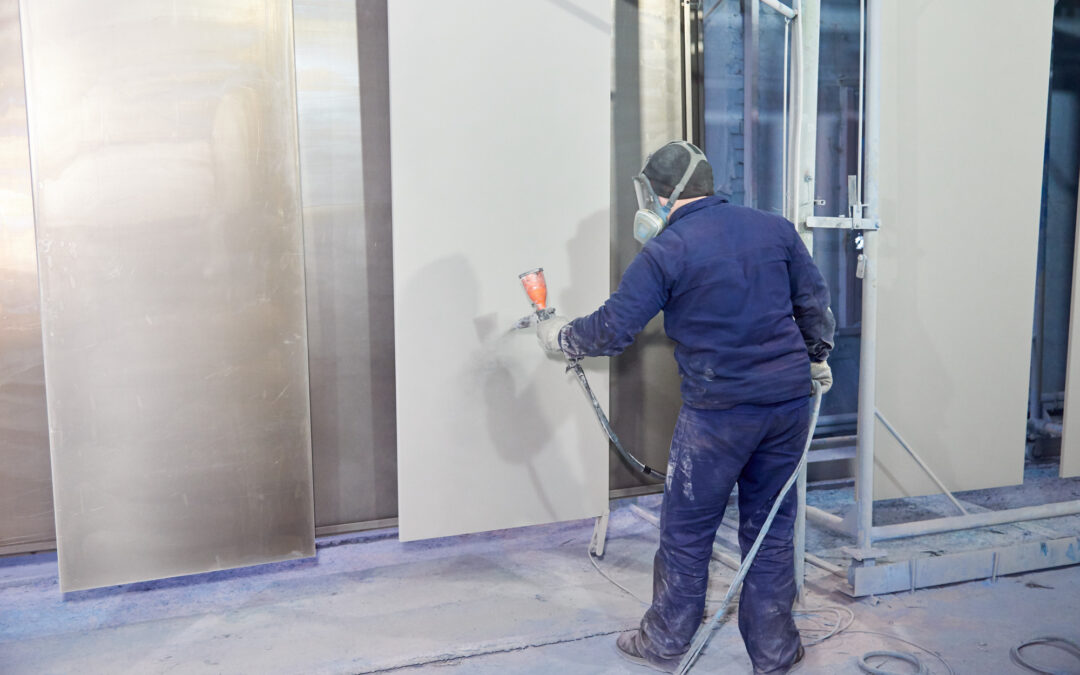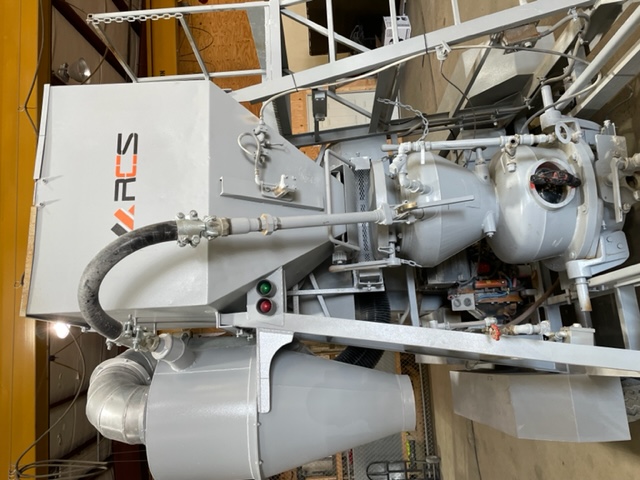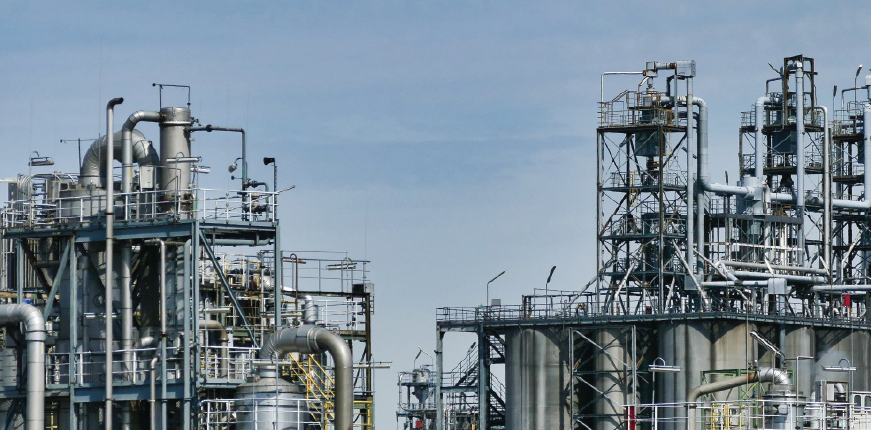Below-grade coatings are specialized coatings used to protect structures that are located below ground level. These coatings prevent water infiltration, protect against corrosion, and enhance the durability of underground structures. Key Features of Below-Grade...









